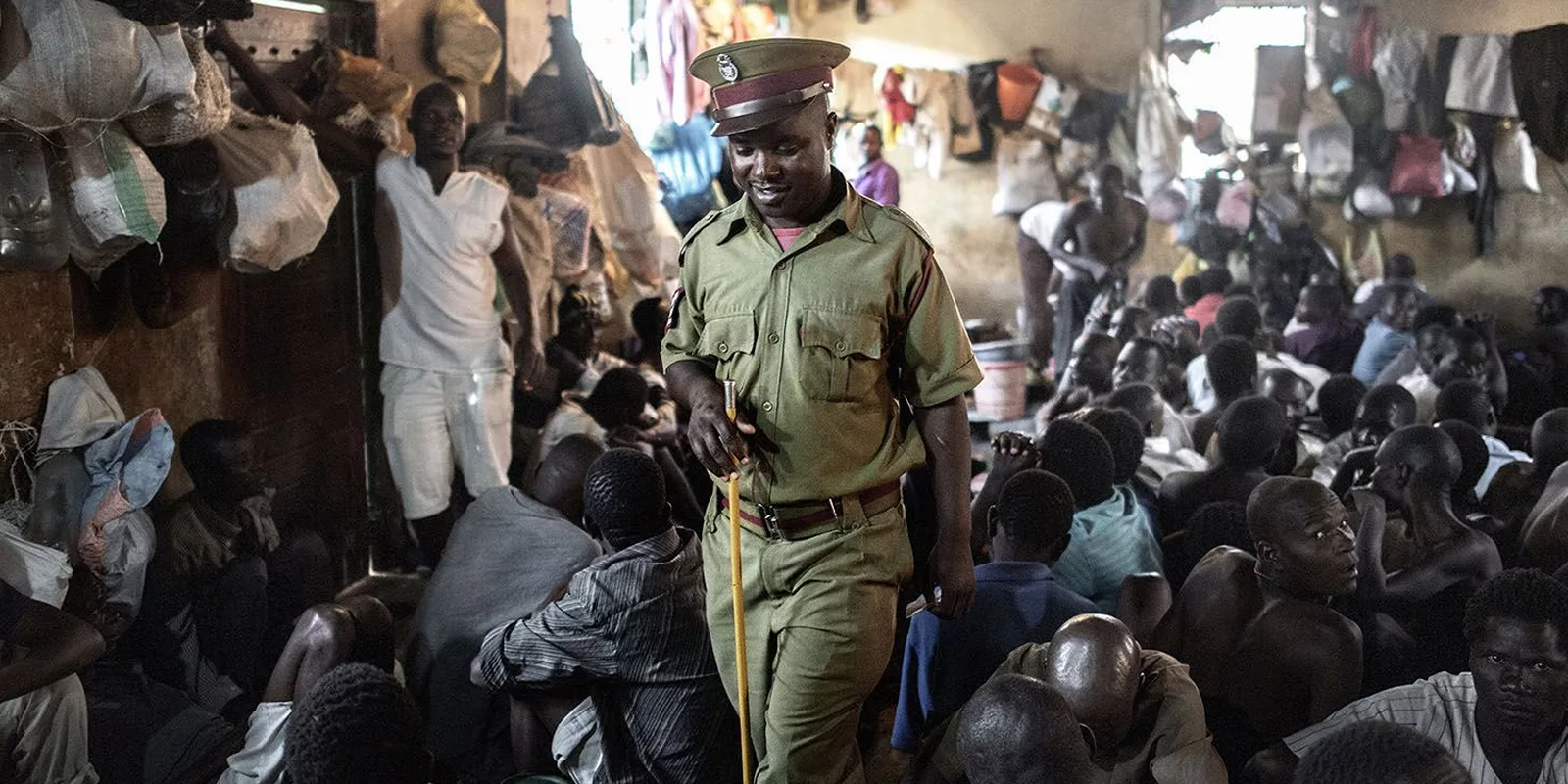
Senegal’s Justice Minister, Yacine Fall, has condemned the dire conditions at Rebeuss Prison in Dakar, citing extreme overcrowding and inadequate facilities, and promised swift reforms aimed at improving the treatment of inmates.
Speaking during a visit to the capital’s main remand center, she stressed the need for a humane approach while vowing that violent offenders and those convicted of embezzling public funds would face no leniency.
“Conditions at Rebeuss are an attack on human dignity,” Minister Fall said, highlighting that the prison, originally designed for 800 inmates, currently houses more than 3,700 prisoners.
The overcrowding, she explained, reflects a long-standing imbalance between Senegal’s rising incarceration rates and the capacity of the penal system.
The minister acknowledged that the country’s prison infrastructure suffers from inadequate maintenance, insufficient staffing, and a lack of essential equipment.
In response, she outlined urgent measures to alleviate congestion, including strengthening parole mechanisms, accelerating the processing of pending cases, and expanding alternatives to incarceration for minor offenses.
According to data cited by former Justice Minister Ousmane Diagne, 3.6% of prisoners have been held in pretrial detention for over three years, a situation that poses serious concerns regarding Senegal’s compliance with international human rights standards. “Future reforms must meet a dual imperative: justice and humanity,” Fall said.
The Minister’s visit comes as part of broader structural reforms initiated under the 2026 budget, which includes investments to modernize prisons and eliminate practices such as full body searches, considered degrading by human rights organizations.
Plans also include improved training for prison staff and enhancements to prison infrastructure to meet international standards.
While emphasizing the importance of dignity and humane treatment for inmates, Minister Fall reiterated that serious crimes and financial offenses will continue to be rigorously prosecuted.
The Rebeuss facility remains emblematic of Senegal’s broader judicial challenges, at the intersection of human rights, security, and institutional reform, underscoring the urgent need for systemic change.
This initiative signals a significant step towards modernizing Senegal’s prison system and addressing one of the country’s most pressing justice and human rights concerns.



